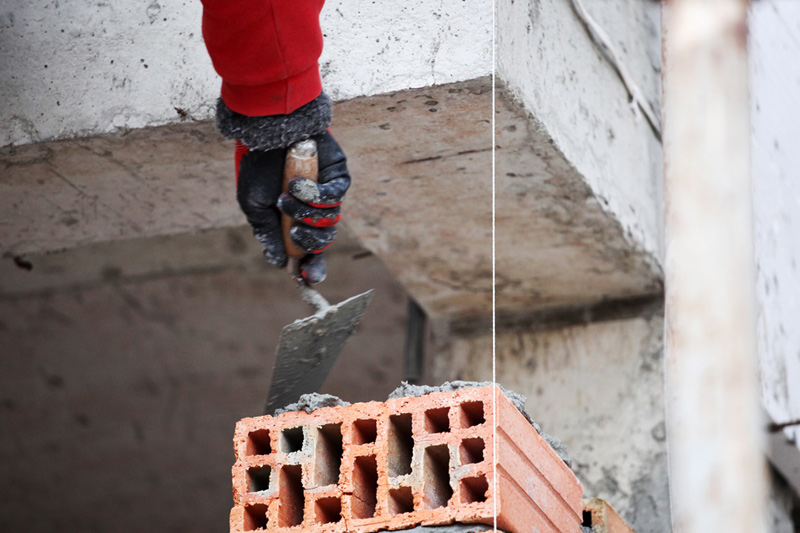SoFi stock falls after announcing $1.5B public offering of common stock
By Angela Ukomadu and Seun Sanni
LAGOS, May 12 (Reuters) - Nigerian property developer
Olawale Ayilara is building housing estates in the affluent
Lekki district of mega city Lagos, the country's commercial
engine. But the cost of the project is expanding rapidly due to
the increased price of cement.
The price of a 50 kg (110 lb) bag of cement rose by a third,
from 2,500 naira ($6.57) to 3,600 naira ($9.46) around November
last year, he said.
"It has a large effect in what the price of building
development will be," said Ayilara, CEO of LandWey Investments,
which is building 12,000 homes spread across 14 sites in Lekki.
"There is nothing the developers can do," he said, as he
gazed at rows of partially constructed apartments surrounded by
wooden scaffolding.
Lawmakers last month said the dominance of three large firms
was keeping prices high and impeding construction needed to aid
the recovery of Africa's largest economy. Nigeria, where a third
of the labour force is unemployed, emerged from its second
recession in four years in late 2020. Dangote Cement DANGCEM.LG , founded by Africa's richest
man, Aliko Dangote, has 60.6% market share. Lafarge Africa
WAPCO.LG accounts for 21.8%, while BUA Cement BUACEMENT.LG
has 17.6%.
Their dominance stems from a cement import ban that has been
in place for most of the last 20 years to develop self
sufficiency in cement production.
Cement firms raised prices during Nigeria's 2016 recession
to counter low sales volumes, and price have continued to
rise. Abdulrahman Ojo, an engineer, is building a mosque in Lagos
and, like Ayilara, is struggling to reduce costs.
He said he had seen cement costs double in price, from 2,000
naira a bag to 4,000 in recent years. "There should be a price
control," he said, stating that his team uses up to 20 bags a
day.
Nigeria's high prices are part of a continent-wide trend.
Final cement prices in Africa are 183% higher, on average, than
world cement prices, the World Bank said in a 2016 report.
But Nigeria's prices are high, even compared to other
African countries, according to Joachim MacEbong, a senior
analyst at Lagos-based consultancy SBM Intelligence.
He said the government could help by providing incentives to
cement companies to enter the Nigerian market, echoing similar
calls made by lawmakers last month.
The ministry of industry, trade and investment, which
oversees the issuance of manufacturing licences, did not respond
to a request for comment on calls for the government to ease
licensing restrictions.
At a building site where a group of men pieced together
walls made of concrete blocks held in place by mortar, Ayilara
urged the government to intervene.
"They have to come to the table and make sure that they do
what is fair by everybody so that we can have a system that is
balanced," he said.
($1 = 380.5900 naira)
